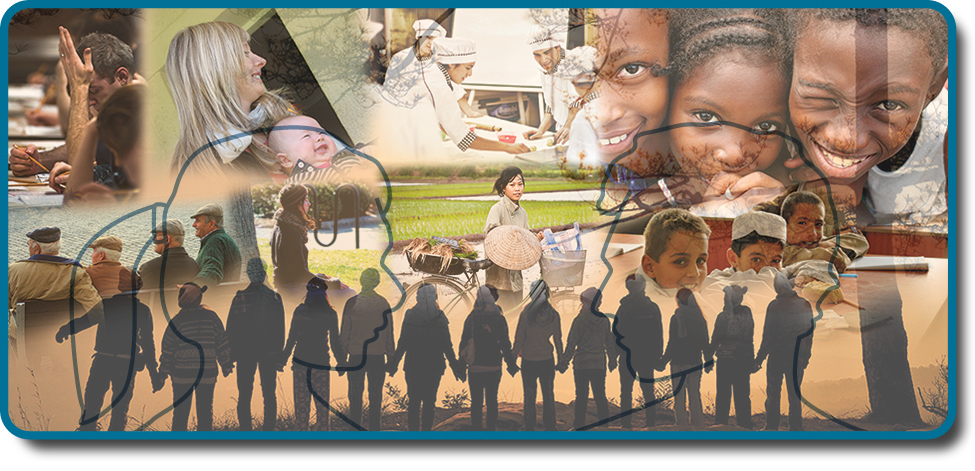
|

1.1 What is psychology? Read Online
1.2 History of psychology Read Online

Clive Wearing is an accomplished musician who lost his ability to form new memories when he became sick at the age of 46. While he can remember how to play the piano perfectly, he cannot remember what he ate for breakfast just an hour ago (Sacks, 2007). James Wannerton experiences a taste sensation that is associated with the sound of words. His former girlfriend’s name tastes like rhubarb (Mundasad, 2013). John Nash is a brilliant mathematician and Nobel Prize winner. However, while he was a professor at MIT, he would tell people that the New York Times contained coded messages from extraterrestrial beings that were intended for him. He also began to hear voices and became suspicious of the people around him. Soon thereafter, Nash was diagnosed with schizophrenia and admitted to a state-run mental institution (O’Connor&Robertson, 2002). Nash was the subject of the 2001 movie A Beautiful Mind . Why did these people have these experiences? How does the human brain work? And what is the connection between the brain’s internal processes and people’s external behaviors? This textbook will introduce you to various ways that the field of psychology has explored these questions.
American Board of Forensic Psychology. (2014). Brochure . Retrieved from http://www.abfp.com/brochure.asp
American Psychological Association. (2014). Retrieved from www.apa.org
American Psychological Association. (2014). Graduate training and career possibilities in exercise and sport psychology. Retrieved from http://www.apadivisions.org/division-47/about/resources/training.aspx?item=1
American Psychological Association. (2011). Psychology as a career. Retrieved from http://www.apa.org/education/undergrad/psych-career.aspx
Ashliman, D. L. (2001). Cupid and Psyche. In Folktexts: A library of folktales, folklore, fairy tales, and mythology. Retrieved from http://www.pitt.edu/~dash/cupid.html
Betancourt, H.,&López, S. R. (1993). The study of culture, ethnicity, and race in American psychology. American Psychologist , 48 , 629–637.
Black, S. R., Spence, S. A.,&Omari, S. R. (2004). Contributions of African Americans to the field of psychology. Journal of Black Studies , 35 , 40–64.
Bulfinch, T. (1855). The age of fable: Or, stories of gods and heroes . Boston, MA: Chase, Nichols and Hill.
Buss, D. M. (1989). Sex differences in human mate preferences: Evolutionary hypotheses tested in 37 cultures. Behavioral and Brain Sciences , 12 , 1–49.